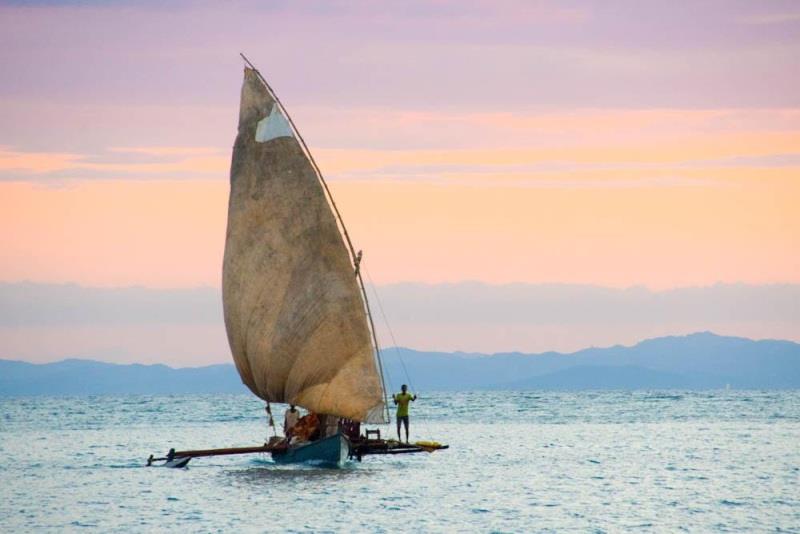
Long-distance cruising in 2020
by Noonsite 31 Jul 2020 11:53 UTC

Madagascar © noonsite.com
More than half way through 2020 and the world of recreational long-distance cruising has been turned on its head in just six months.
Who would have thought late 2019, while planning the cruising season ahead, that we would all be frantically trying to follow the ever-changing rules worldwide in order to map an open route to cruise, or simply resigned ourselves to staying at home and cruising locally for the immediate future?
Having survived the storm of border closures in March/April, we are now seeing the majority of countries starting to open up again: some cautiously with tight restrictions in place including prior permission and a negative Covid test, others flinging open the doors with nothing more than a health questionnaire to complete prior to arrival.
Right now, any skippers thinking of cruising between countries should be aware that rules and regulations are in a constant state of flux during the pandemic and borders are tentatively open. As cases of Covid-19 spike once again we are seeing regional border closures and concern over a second wave in many parts of the world. Travel bubbles mean that one day your country of departure may be low-risk, and the next high-risk, so freely cruising (around the Mediterranean for example) is still a complicated process.
Be prepared that conditions may have changed by the time you arrive at your next destination and have all possible paperwork in order, including a comprehensive crew list and cruising history for the boat at least for the last six months, plus a well-kept log of all crew on board and their health status (including daily temperature checks).
Bear in mind that quarantine may be required on arrival so have plenty of food, water and fuel on board and you may only be granted entry if all crew have negative Covid test results obtained 48 hours prior to departure from your last port. Have enough cash on board to cover tests on arrival should this be needed.
Consider employing an agent (which in many countries is now obligatory) to ease entry and prepare all the correct paperwork plus keep you informed should the situation and/or requirements change while on passage. Keep abreast of all the latest requirements through our country biosecurity sections.
This article has been provided by the courtesy of noonsite.com.